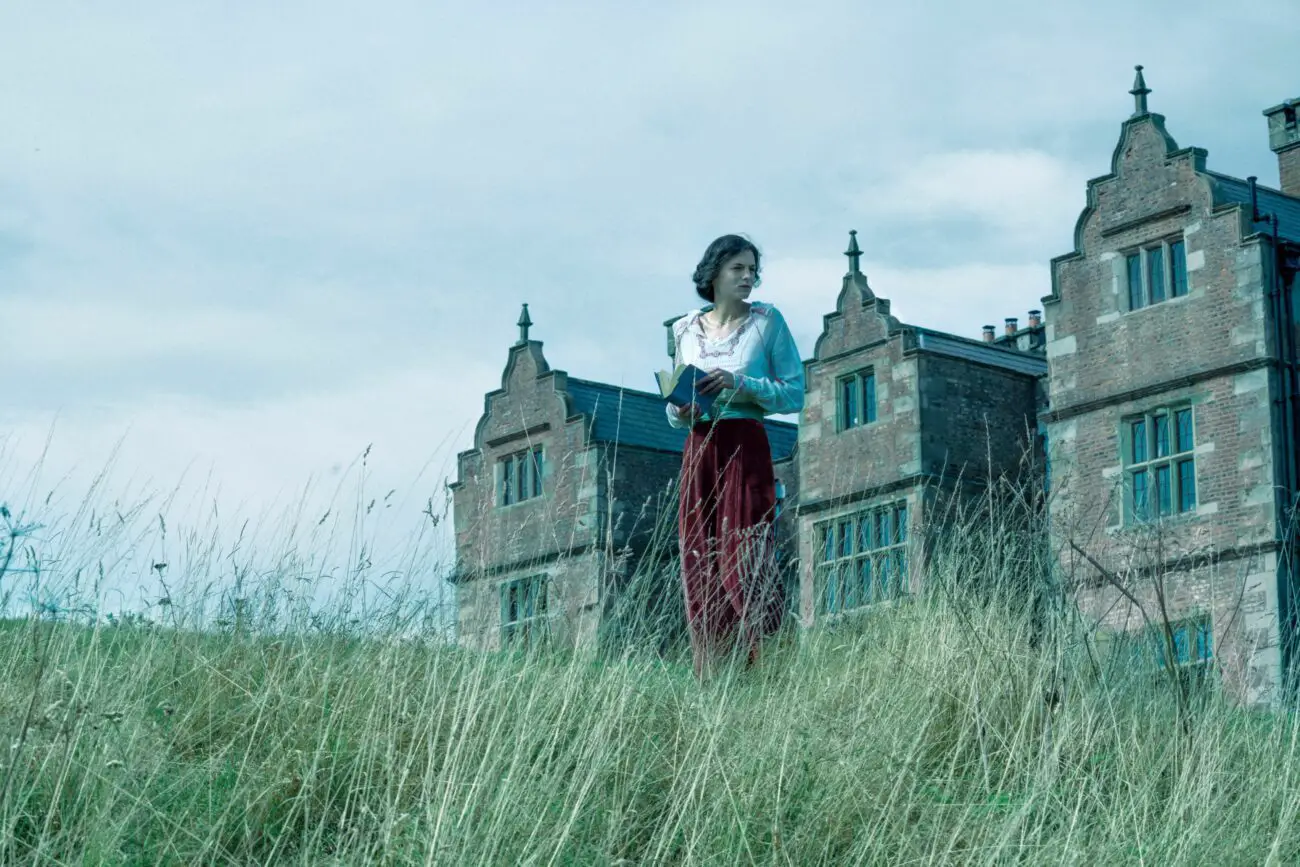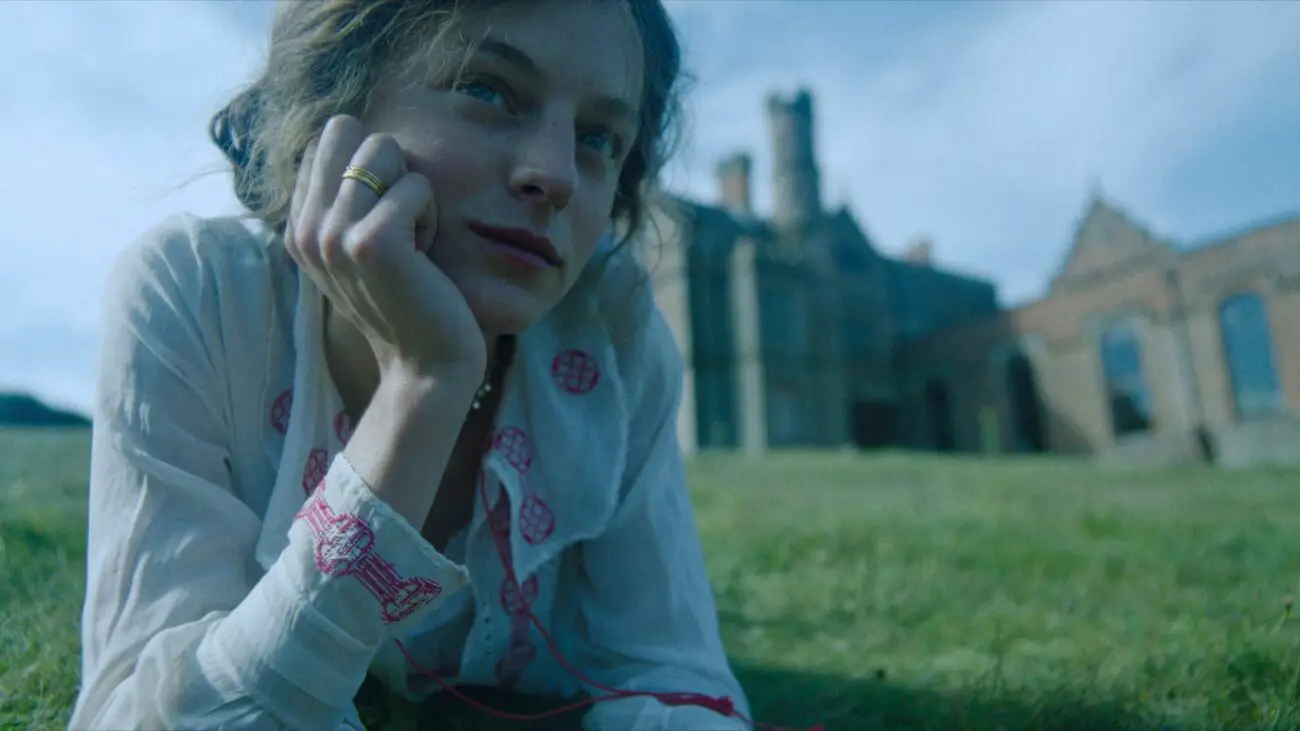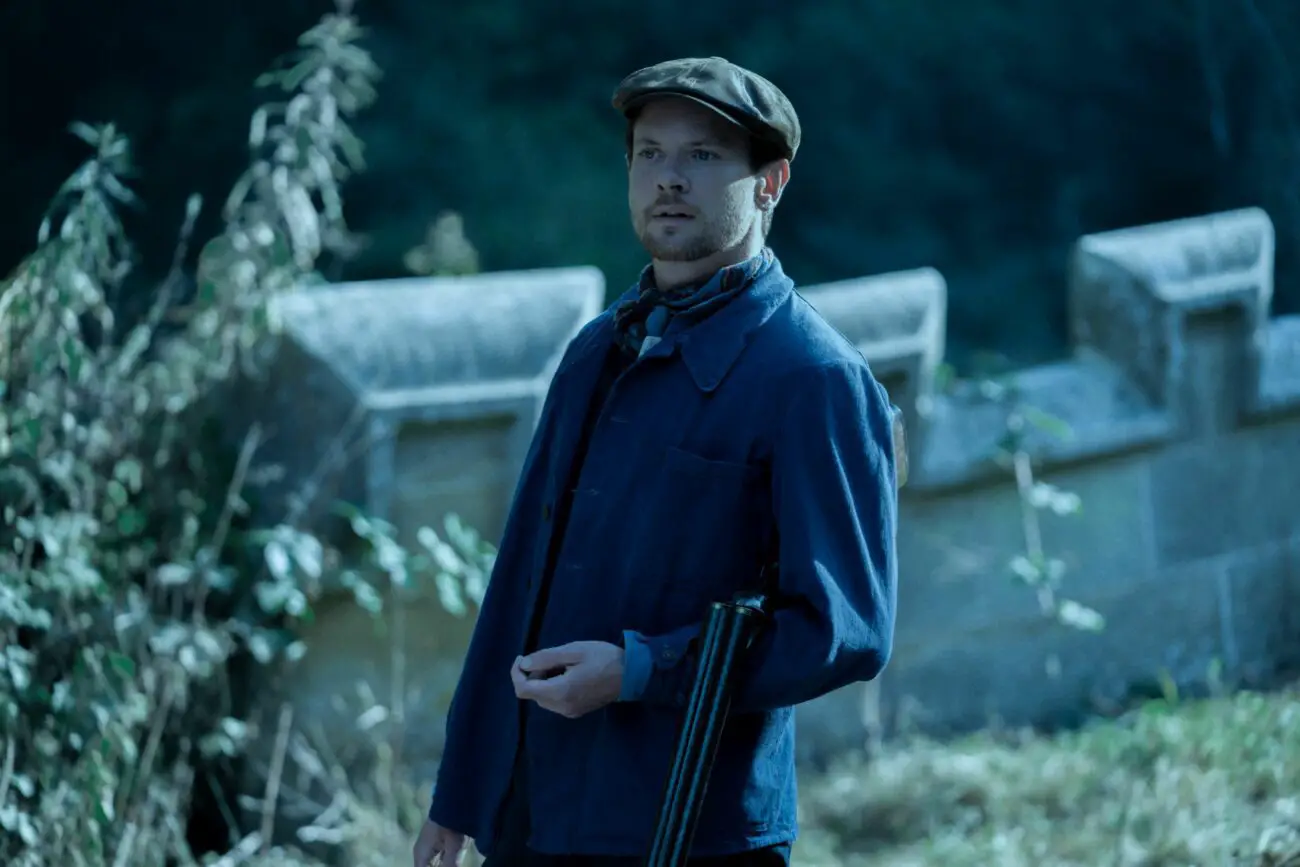When D.H. Lawrence’s seminal and final novel Lady Chatterley’s Lover arrived in the United States in 1930, Republican Senator Reed Smoot declared that the book was “written by a man with a diseased mind and a soul so black that he would even obscure the darkness of hell.” Back then, his forceful words targeting the corruption of morals were meant to send shivers down the spines of the leaders of our nation. Nowadays, let’s be honest. An antiquated quote like that from the distinguished gentleman from Utah would probably be the pull quote on the book’s marketing campaign in hopes of selling a few thousand more copies on Amazon.
Nearly a century since Lady Chatterley’s Lover was banned for decades on the grounds of obscenity, society has shed many lights on our evolved temperaments when it comes to the topic of sex. Using one bandied-about four-letter word to talk about the uses of other more incendiary four-letter words, there’s a good chance some of the so-called “smut” in today’s best-sellers would put Lady Chatterley’s Lover to shame. After a few social revolutions over the years, we’ve come a long way.

Sex sold then and it still does now. Go ahead and say it. D.H. Lawrence rolled in the hay so the likes of E.L. James could bang on posh furniture. Even so, both authors love that touchy-feely F-word. Watching an enlivened adaptation of Lawrence’s firebrand prose today– debuting on Netflix December 2nd and directed by The Mustang’s Laure de Clermont-Tonnerre– reminds us that sexual awakenings are still valuable, and, best of all, desirable.
To those unfamiliar with the novel, the vivacious Constance Reid (Emma Corrin of The Crown fame) has married the upper-class baronet Sir Clifford Chatterley (Matthew Duckett, making his feature debut) to become the Lady Chatterley. This union ensures a comfortable lifestyle for Constance while bolstering the prospect of future aristocratic offspring. Not long after their wedding, Clifford returns home from World War I paralyzed from the waist down, threatening to halt the future of the Chatterley lineage.

Due to the constant therapeutic care Clifford requires, even with the additional help of Clifford’s childhood nurse Mrs. Bolton (Joely Richardson, excellent callback casting as a former Lady Chatterley lead herself from 1993), what was supposed to be a joyous and pleasurable marriage quickly becomes morose, barren, and one-sided for Lady Chatterley. Physical connection and fulfillment is missing. Clifford’s jarring proposition for his wife to become pregnant by another man for the sake of the Chatterley name only emphasizes the lacking attachments and love built on conditions that now exist between them.
Without the intent to achieve her husband’s secret offering, Constance finds a person who cares for her needs, on multiple levels, in the form of Oliver Mellors, played by Unforgiven and ‘71 star Jack O’Connell. He is the hired gamekeeper of the Chatterley’s Wragby estate (filmed amid the Brynkinalt estate property in Chirk, north Wales). He, like Clifford, is a Great War veteran seeking the quiet company and solitary nature of his rural work. When the two begin a torrid affair, Constance finds stronger, binding love greater than the carnal satisfaction.

This is what the old prudes and pearl-clutchers like Sen. Smoot cannot, or will not, comprehend about Lady Chatterley’s Lover. Sexual acts are what they are, dirty word assignments and all. Yet, it’s what they lead to that matters more. The crux is the emotionality behind the acts, from coarseness to tenderness. Sex, beyond this setting, is a hearty necessity to total love and complete fulfillment of one’s heart, body, and mind. The desire for such physical love, especially as part of a woman’s independence, should not be restricted or governed.
As the movie asserts, if it’s love, then you cannot in good conscience ban that. Constance and Oliver consider themselves “married in ecstasy.” Imagine that level of commitment in this day and age, let alone during the restrictive time period of Lady Chatterley’s Love. The lead performances of Emma Corrin and Jack O’Connell succeed in portraying that spirited drama. More than merely looking good embracing each other with simulated intimacy (though they dazzle in that regard as well), they connect inwardly.

Two-time Oscar-nominated screenwriter David Magee (Finding Neverland, Life of Pi) understood the romantic equation of total love found in Lady Chatterley’s Lover. The taboo book folks used to read under their bed covers with a flashlight has always been thicker than the sheets the characters are tumbling in. The longing for shared humanity, including the acceptance of physical love without a discount in dignity, is at the forefront of the film’s thematic impact.
Building from that emanating passion, Laure de Clermont-Tonnerre composed a beautifully-appointed film. She has a confident feminine perspective of integrity when it comes to the content and source material. The non-traditional score from crossover newcomer Isabella Summers (founder of Florence and the Machine) quickens when heart rates on-screen are elevated and swoons sweetly when the sweep of the era fills the screen. Cinematographer Benoît Delhomme (Minamata) fell in love with backlighting his subjects with either the searing white streaks of light coming through windows and skylights or that ideal magic hour sunlight beaming through deciduous trees. This 2022 edition is arguably the classiest and most sumptuous adaptation to date of Lawrence’s literary masterpiece.
Once readers and viewers journey past the hot-and-bothered parts of Lady Chatterley’s Lover, they will find a story of elevated risks more difficult than high society gossip. Constance and Oliver jeopardize more than livelihoods and class position pursuing and continuing this rapturous romance. For every watered-down and cliche-driven “girl falls for the guy from the other side of the tracks” story since Lawrence, you have this bona fide and empowering trailblazer that will continue to endure for new generations because of the courageous sacrifices at its core.



